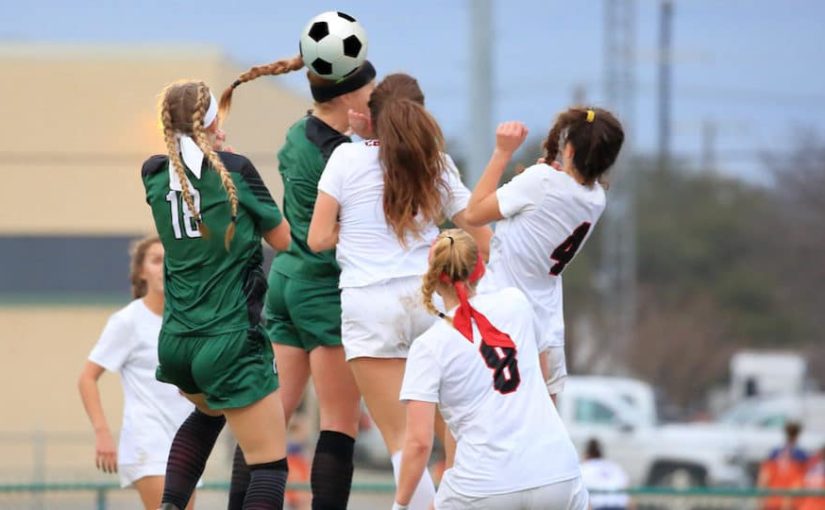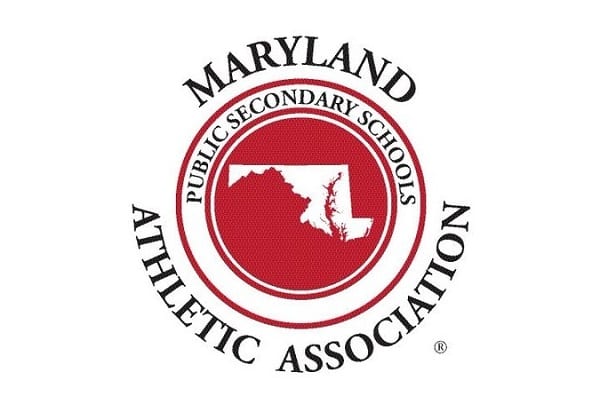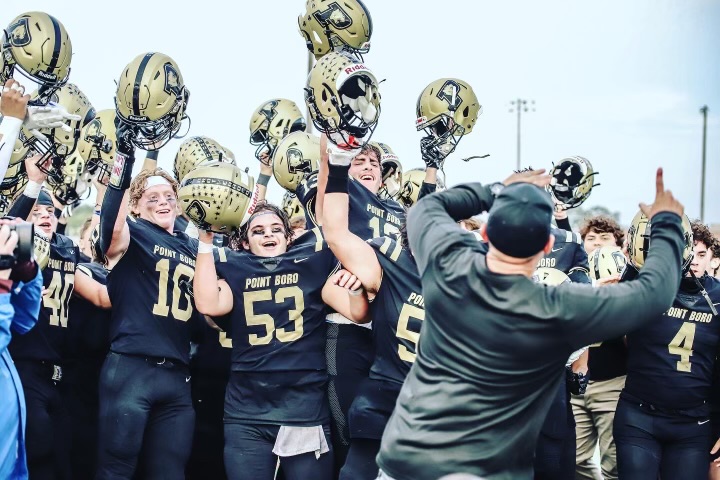Examining The ’Culture’ Of Boston U Hockey After 2 Sexual Assault Charges
“These charges have raised a flag that there’s something here that’s not acceptable in a university,’ Brown said in an interview yesterday. “The question is, how do you take athletes who are performing at this level and integrate them into the campus culture? It’s very difficult to do.’
On Tuesday, junior Max Nicastro pleaded not guilty to two counts of rape in an incident that allegedly occurred on campus Sunday, just hours after a game. In December, senior Corey Trivino, pleaded not guilty to charges of sexual assault after he was accused of repeatedly barging into a resident adviser’s room, trying to grope her, and refusing to leave.
In an interview earlier this week with the Globe, BU hockey coach Jack Parker said that if his team’s culture was found wanting, he would work to change it, a sentiment Brown praised in a letter yesterday to the campus community.
But Parker expressed a seemingly different view in an interview yesterday.
“You can’t change the culture that’s evolved here; we’re not going to be able to step into people’s lives and change them drastically,’ he said, referring to heavy drinking, casual sexual encounters, and co-ed dormitories.
Parker said his team typically participates in a short information session on sexual misconduct, but has not yet done so this year.
Although its captains pledged to refrain from violence against women as part of their sponsorship of the statewide “White Ribbon Day’ campaign, the other players had no involvement in the event except to wear white ribbon logos on their helmets.
Parker said he thought there had already been “fabulous compliance’ with team rules, particularly the drinking prohibition, but could not be sure players were complying all the time.
The BU student newspaper regularly reports on apparent episodes of heavy drinking and bad behavior among hockey players, and Trivino and another team member recently made a profane YouTube video about women.
Parker, BU’s coach since 1973, said he could not remember having a player arrested on sexual assault charges before this year.
BU is not the only college to confront sexual misconduct among athletes recently. In November, at Colby College in Maine, 15 students, some apparently on the football team, were accused of sexual harassment.
Sarah McMahon, a Rutgers University researcher who studies violence against women, said it is unclear whether college athletes are more likely to commit sexual crimes than other students.
But she said her work had found a unique sense of entitlement, sexual and otherwise, among some male college athletes, especially those in high-profile or revenue-producing sports, such as hockey at BU.
McMahon praised BU for forming a task force.
“This is the first time I’ve seen a school really looking at the culture, instead of just focusing on individual incidents,’ she said.
But representatives of BU’s Center for Gender, Sexuality and Activism said they were unsatisfied with the school’s efforts. The center is asking BU to hire a staff member to help sexual assault victims, provide educational sessions for “all coaches, student athletes, faculty, and student leaders,’ and expel students convicted of rape and sexual assault.
Lisa Friel, a former sex crimes prosecutor who consults for universities, said BU’s task force was missing something important, an outside opinion.
“If they try to do this totally internally, there’s a credibility issue,’ she said. “They need input from someone with expertise on sexual assault.’
Peter Roby, , the Northeastern University athletic director who formerly headed that school’s Center for the Study of Sport in Society, also said a task force would face obstacles.
“To try to get people to change their behavior and send a message that will stick – that takes a lot,’ he said. “You’re trying to counter all these social messages that young people are getting.’
Brown admitted the task force has limits.
Top hockey players at BU, Brown said, are in some ways part of the general campus culture. They do not, for instance, all live in the same dorm.
But he said they are different in one sense: Many turn professional during or even before their college years. No wonder, he said, that they may come to believe they are not like other students.
Brown said the task force, consisting largely of students and board members, is expected to make recommendations over the summer.
In the meantime, the team will meet privately, as it has three times this week, said Parker.
“The players are down and depressed,’ he said. “They’ve put BU on the front page in precisely the wrong way.’
“But we have to do what’s next,’ he added. “And that is, get on the bus, go to Vermont, and play our next game.’







